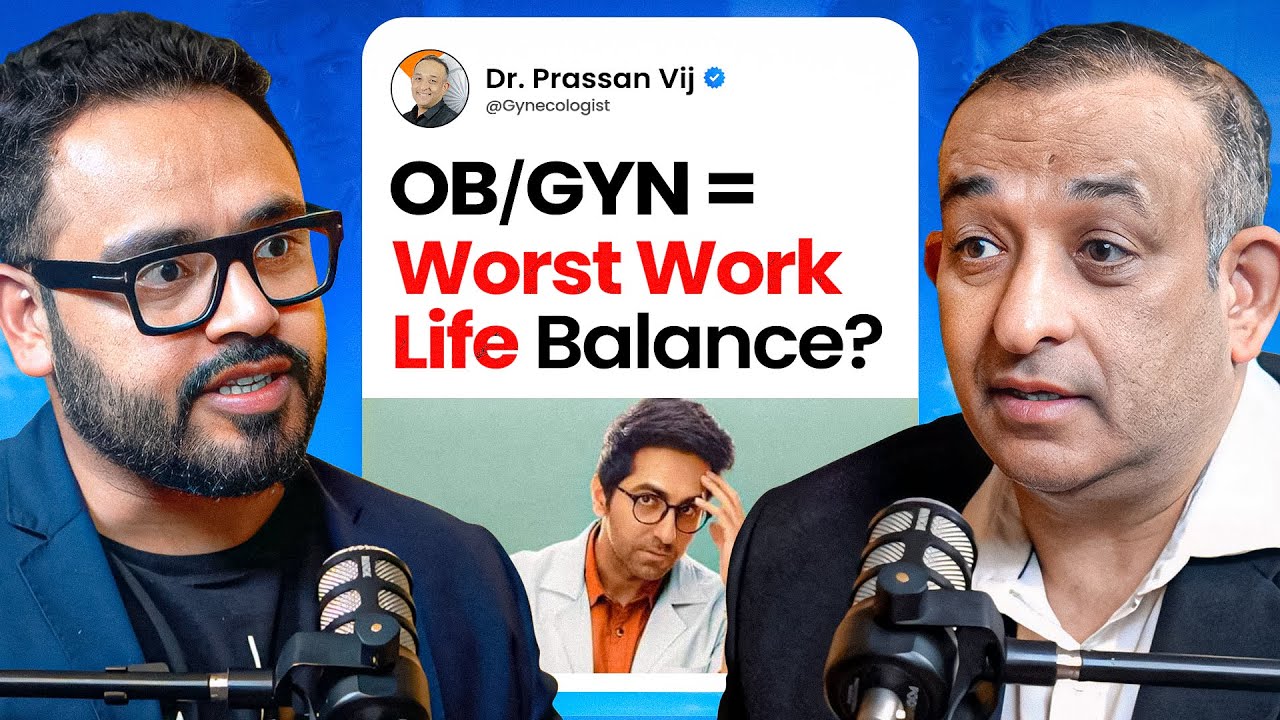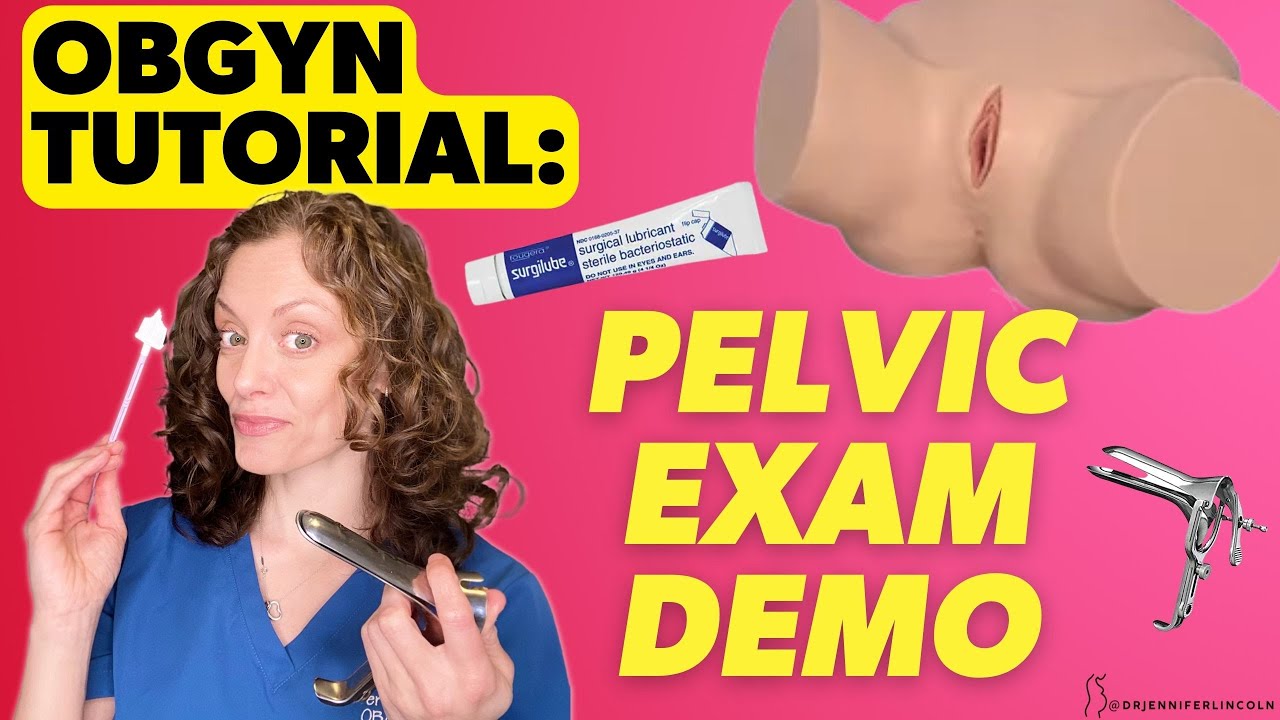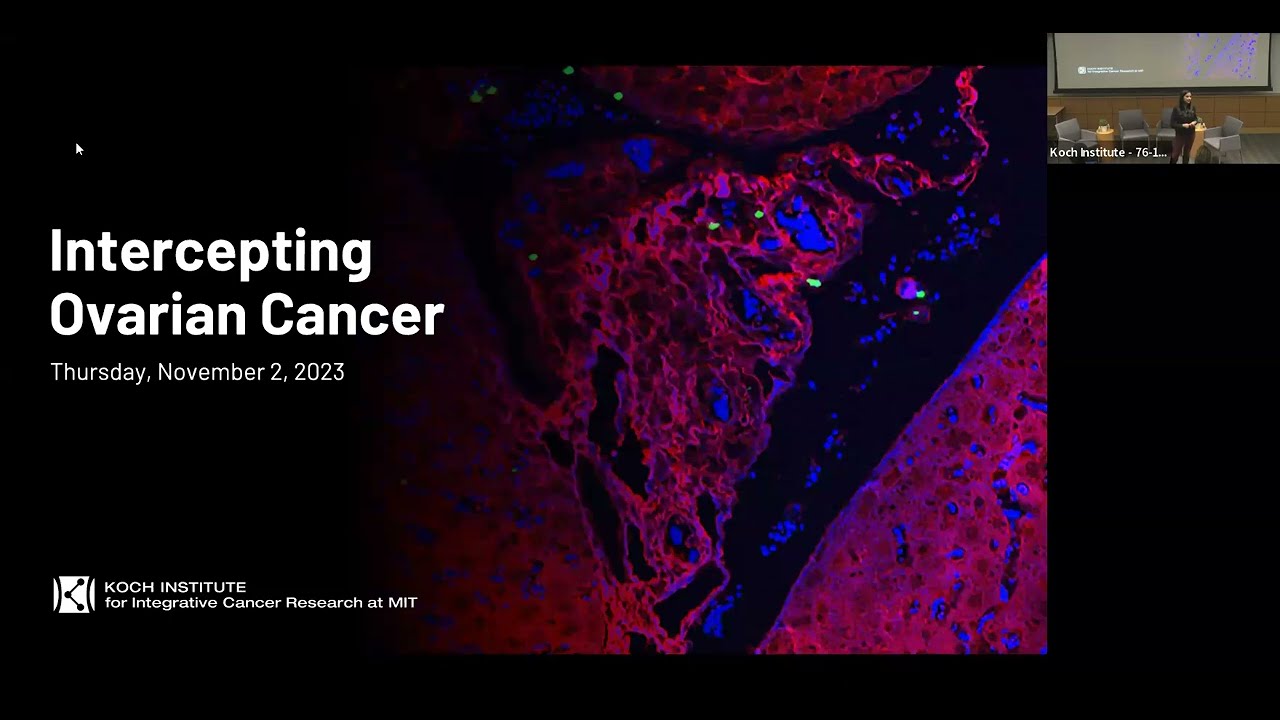NEW YORK (Reuters Health) – The diagnostic value of hysterosalpingography for detecting uterine abnormalities in women undergoing assisted reproduction is “unconvincing,” Turkish investigators report.
They suggest in their report in Fertility and Sterility online June 29 that even when hysterosalpingography appears normal, hysteroscopy should be performed – especially in older women and those with a longer history of infertility.
Dr. Elif Aylin Taskin and colleagues at the Ankara University School of Medicine note that hysterosalpingography is safe and simple for evaluating the uterine cavity and fallopian tubes, but patient discomfort, use of contrast medium, and ionizing radiation are drawbacks.
In the current study, the team aimed to measure the diagnostic accuracy of hysterosalpingography against the gold standard of hysteroscopy, and to identify patients who should undergo hysteroscopy early during an infertility work-up rather than later as an adjunct to other investigations.
To that end, they retrospectively analyzed the records of 359 women who underwent both hysterosalpingography and hysteroscopy at their center.
Excluding cases of tubal pathology (since these are not detected by hysteroscopy), the sensitivity of hysterosalpingography in diagnosing intracavitary and structural uterine pathologies was only 21.56%, while the specificity was 83.76%, the researchers report. The positive and negative predictive values were 55.26% and 70.75%, respectively.
Among the 277 with normal hysterosalpingography results, 81 (29.2%) had abnormal findings on hysteroscopy, according to the report.
Stratifying the group with normal hysterosalpingography results by age, hysteroscopy uncovered pathology in 23.5% of the women under 35 years of age compared with 41.1% of those older than 35.
Furthermore, the likelihood of pathologic findings on hysteroscopy also increased with the number of previous assisted reproductive procedures, reaching 60% in the subgroup who had had three or more previous procedures, Dr. Taskin and colleagues found.
“Hysteroscopy may be deferred to later stages of ART (assisted reproductive techniques) in young patients with a shorter duration of infertility,” they conclude. On the other hand, “Hysteroscopy should be performed especially in patients older than 35 years of age and/or with a history of two or more previous ART trials even in the presence of a normal hysterosalpingogram.”
Reference:
Comparison of hysterosalpingography and hysteroscopy in the evaluation of the uterine cavity in patients undergoing assisted reproductive techniques
Fertil Streril 2011.






